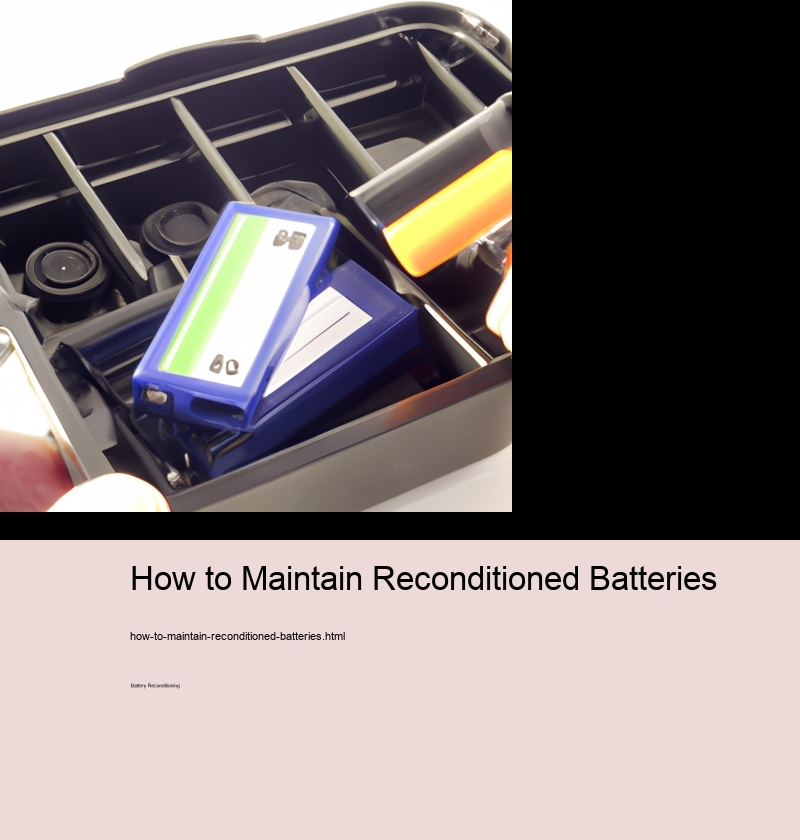How to Maintain Reconditioned Batteries
Battery Acid Replacement
This process not only promises a revival of battery efficiency but also presents an economical alternative to purchasing new batteries. Each battery type, from lead-acid to lithium-ion, has unique requirements and reconditioning methods. Proven Techniques for Keeping Your Mobile Phone Batteries Healthier LongerOptimize Charging HabitsOne of the most effective ways to extend the life of your mobile phone battery is by optimizing your charging habits.
Reconditioning aims at restoring this lost capacity to bring old batteries closer to their original performance levels. Over time, these components degrade, diminishing the battery's ability to hold a charge.
The manufacture of new batteries involves mining for raw materials which is labor-intensive and contributes significantly to ecological degradation globally. This might include cleaning terminals, refilling electrolyte solutions (for certain types of batteries), and conducting controlled charge-discharge cycles which can help rejuvenate aged cells within the battery.
How to Maintain Reconditioned Batteries - Battery Charger and Reconditioner
- Battery Acid Replacement
- Battery Diagnostics
- Battery Charger and Reconditioner
- Battery Sulfation Removal
- Battery Repair Kits
You will need a well-ventilated area due to the chemicals involved in battery reconditioning. Creative Uses in Daily LifeOnce reconditioned, these old batteries can serve numerous unexpected purposes around your home or office.
